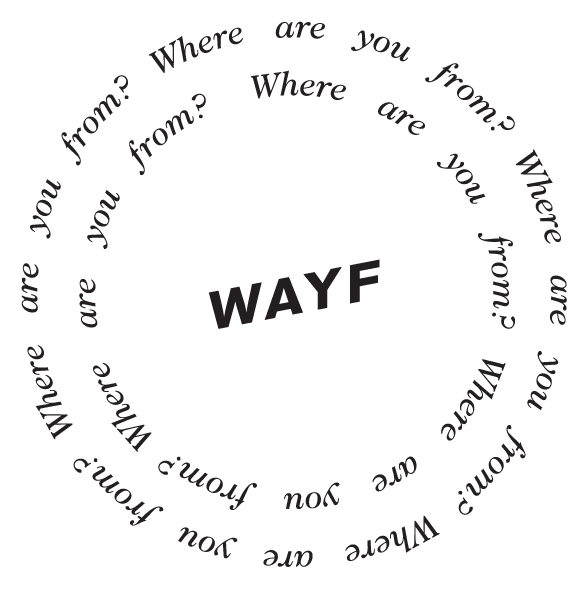All of my cultures are who I am
Ashira Paraskevas
Ethnically I’m Bermudian, African-American (Liberian), and Greek-Cypriot, but growing up I identified most with my Greek side. I was raised by my mum in a single-parent household, and my dad wasn’t around, so I had to try and make sense of my culture and identity on my own.
Being Greek was what felt closest to me. My mum had very Greek features and the area we lived in had a large Mediterranean population. Most of my friends were Greek, which was hard because even though they were the closest to me culturally, I didn’t look like them. When I was five, I was baptised Greek Orthodox. I remember always dragging my mum along to the local church during Greek Easter, because I wanted us to be as Greek as my other friends.
Mum was always encouraging of me exploring my Greek culture on my own. She organised dinners once a year with my Papou and he would cook me spanakopita and kourabiedes. However, when it came to us as a pair, she never educated me about my culture. Part of that was because my mum and I didn’t have much of a connection in general. During my childhood we were poor, so her attention was focused on work and trying to provide for us. She was always worried about money and bills—and as a single mother she did the best she could to hustle to make sure we survived.
The other reason my mum rejected our Greek culture was because it was a painful reminder of her Cyprian dad and the family violence she endured. Her dad rejected her, especially when she had me, because I was black.
Over time, my obsession with being Greek faded out. Still living where we were, in an area that was predominantly white and Mediterranean, there was practically zero diversity in terms of black and brown people and culture. When I was out with my mum, she was always recognised as Greek, then people would see me and say: ‘You’re not Greek—where are you from?’ I got sick of hearing people’s surprise when I responded that I am Greek too. And I started to accept that my blackness is the first thing people see.
Because my dad wasn’t in my life, I didn’t have anyone to look up to as a role model for what it meant to be black. At first, I was almost embarrassed about being part of him. No one else around me had a black dad, and especially in high school—people were fixated on bullying me about my blackness, calling me monkey face and ‘Planet of the Apes’. It was confusing, trying to understand my hair and my looks. As every mixed-race child seems to do, I dyed my hair blonde and then was constantly changing it or manipulating it in some way. Wearing my hair natural meant dealing with microaggressions from the people around me, and because of that, I never felt attractive.
Recently, I’ve decided that the best way for me to make sense of who I am is by going after whatever feels the most right to me. I’m embracing different hairstyles and making friends with other people of colour, and putting lots of effort into building my own sense of community. After all the experimenting I’ve done with so many different cultures and identities, I feel comfortable with who I am, now that I am embracing every part of me. I am black, even if I’m not black enough in some people’s eyes. I am Greek too. All of it is who I am.
